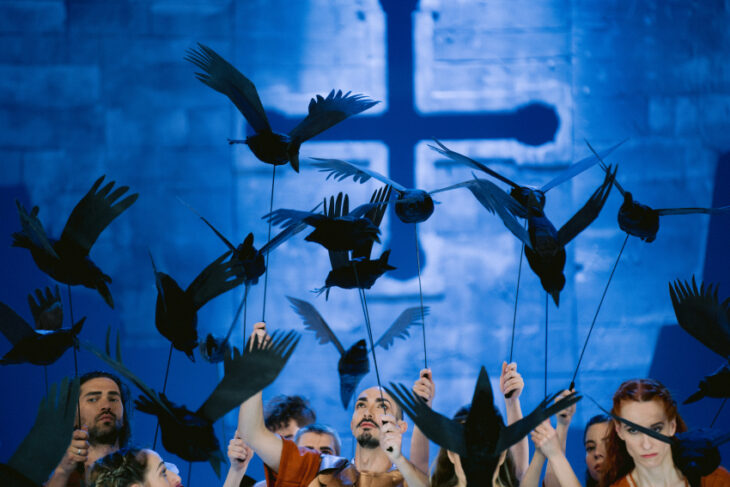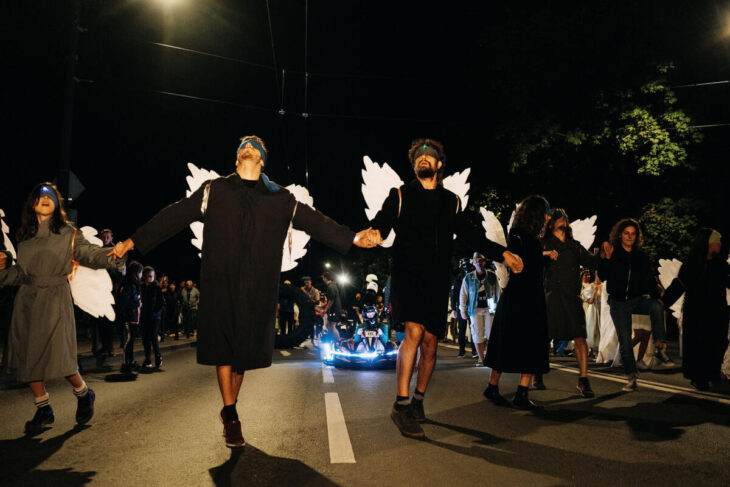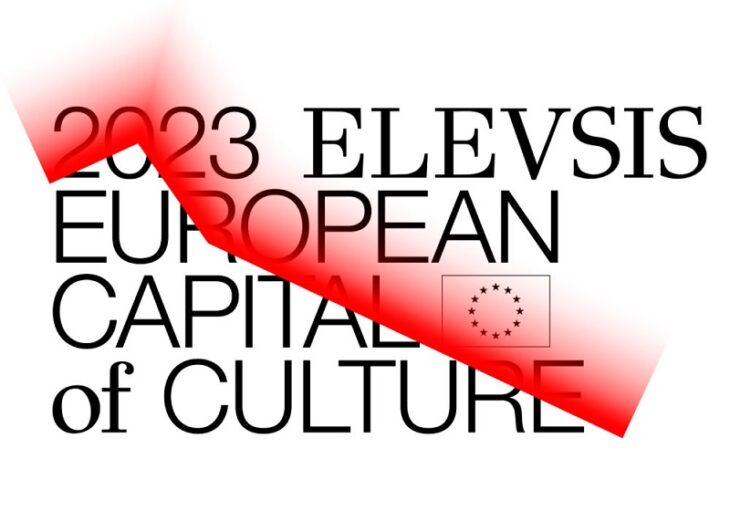Image source:Deutsche Well
Starting with the Venice Biennale, known as the world’s oldest international art exhibition, there have been many cultural programs in Europe. In this issue, we introduce the “European Capital of Culture,” one of the oldest art and culture festivals in the world. Each year, a wide variety of programs are planned in different cities. From art projects that respond to the times and regions, to up-and-coming artists and forums where experts in various fields gather, you will be able to deepen your knowledge of future trends in the arts and culture industry.
目次
-What is the European Capital of Culture?
“The European Capitals of Culture” is a historic cultural project organized by the European Union since 1985. Each year, two or three European cities are selected to host the event, which has been held in more than 60 cities so far. The selection process begins about six years prior to the event with the selection of the host city. Programs are held throughout the year, reflecting the history and culture of each city, making it a major event that will remain in the history of each city.
Mariya Gabriel, European Commissioner for Innovation, Culture, Education and Youth, commented on the European Capital of Culture initiative, saying, “The emphasis is on promoting the values that the European Union (EU) has built up: diversity, cohesion, respect, tolerance and openness “(*1).

Image source:ECoC news
The following are the four initiatives of the European Capital of Culture.
(1) Spotlight the fertile and diverse cultures found in Europe
(2) Celebrate the cultural traits shared by the peoples of Europe
(3) Increase the sense of co-attachment of European citizens to the public cultural sphere
(4) Promote the contribution of culture to urban development
From the European Commission (*2)
As can be seen from the above, the aim is to provide a place to represent the cultural diversity that exists in each region and to update the framework of the European community. Each year a different city is targeted, providing an opportunity to rethink culture within Europe.
-Urban Approaches
European Capitals of Culture are attempting to develop cities comprehensively in both global and local contexts. Transforming not only the hard aspects but also the soft aspects is the hallmark of the arts and culture industry’s approach.
The European Commission has noted the following effects on local communities as a result of hosting the European Capital of Culture.
(1) Renewal of the city
(2) Raise the international profile of the city
(3) Create a better image of their city in the eyes of its inhabitants
(4) Bring new life to the city’s culture
(5) Develop tourism
From European Commission (*2)

A unique program is also planned for the 2022-2025 host cities. Each city’s theme, its context, and its thousands of fascinating events are not to be missed. Finding your favorite host city will give you a new perspective on the region and Europe. (Click on the images below to check out the websites.)
-List of host cities (2022-2025)
Esch 2022 (Luxembourg)

Kaunas 2022 (Lithuania)

Novi Sad 2022 (Serbia)

Image source : Novi Sad 2022
Veszprém – Balaton 2023 (Hungary)

Timisoara 2023 (Romania)

Elefsina 2023 (Greece)

Tartu 2024 (Estonia)

Bad Ischl – Salzkammergut 2024 (Austria)

Bodø 2024 (Norway)

Image source : Peacepainting
Nova Gorica 2025 (Slovenia)

Chemnitz 2025 (Germany)

-Summary
Have you found a city that interests you? As you look at each city, you will see a different aspect of Europe. The future of globalization and local communities, as seen from the perspective of each region, is a topic that all people living in the modern age cannot avoid. A deeper look at a single host city will help us to think about how cultural programs can be more relevant to the city and its inhabitants in the future. The European Capital of Culture takes place in a different country each year. If you are in or around Europe, why not visit one of the host cities?
*1: “Three New European Capitals of Culture for 2022,” European Commission. https://culture.ec.europa.eu/news/2022-european-capitals-culture.
*2: “European Capitals of Culture,” European Commission.
https://culture.ec.europa.eu/policies/culture-in-cities-and-regions/european-capitals-of-culture.


